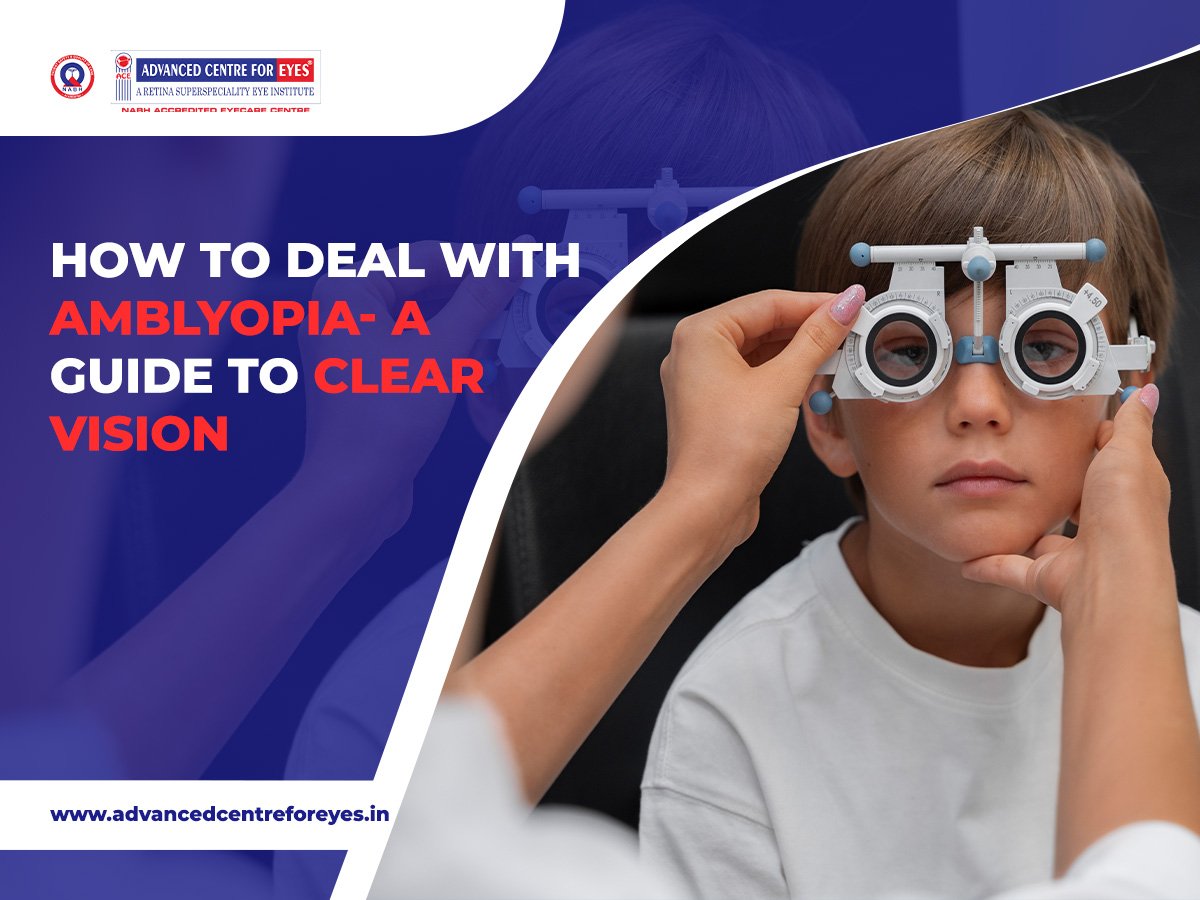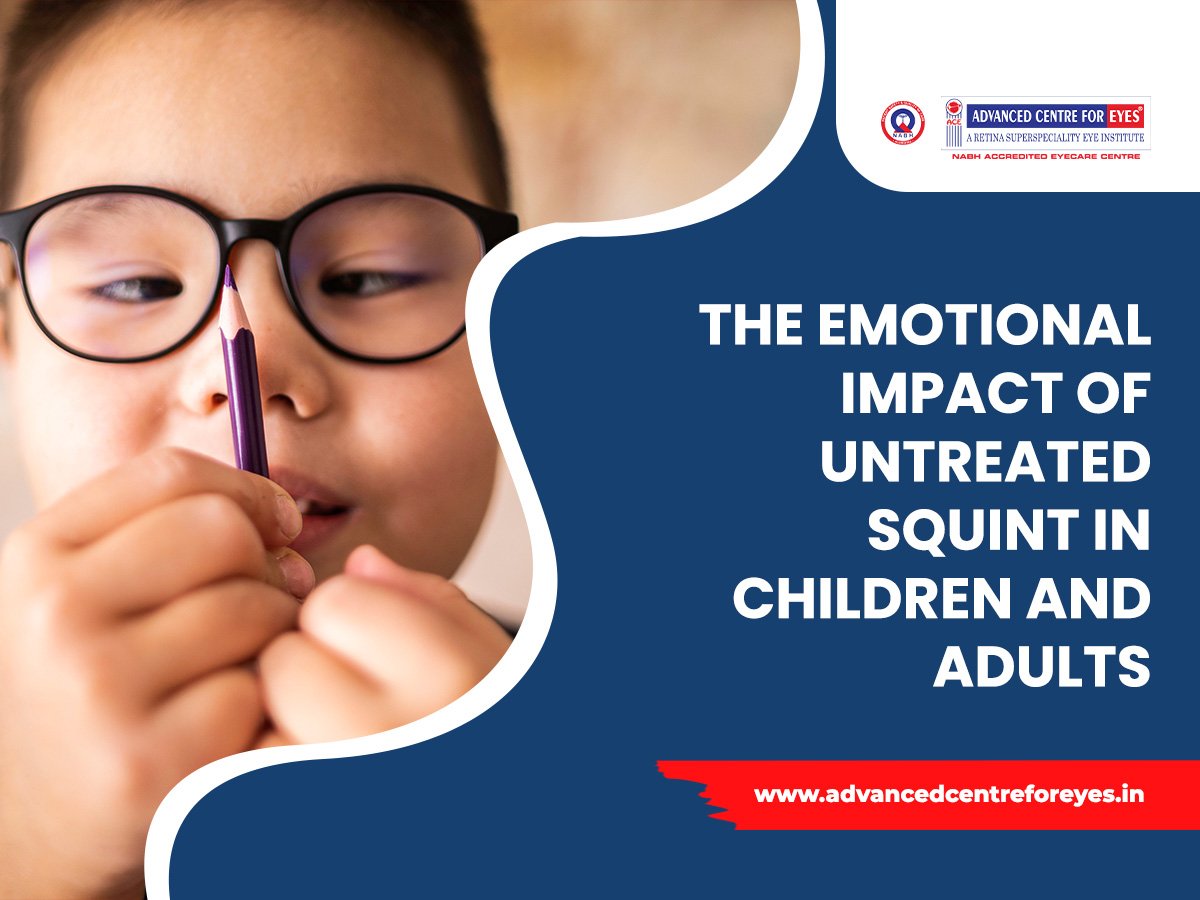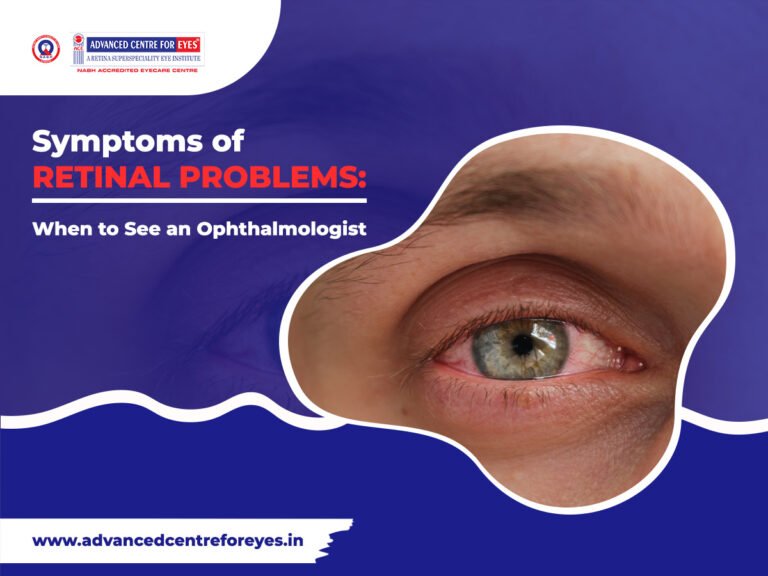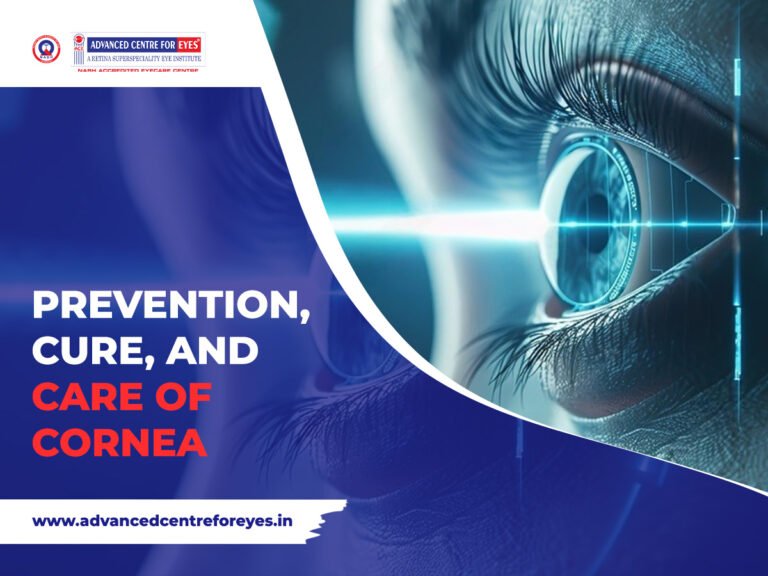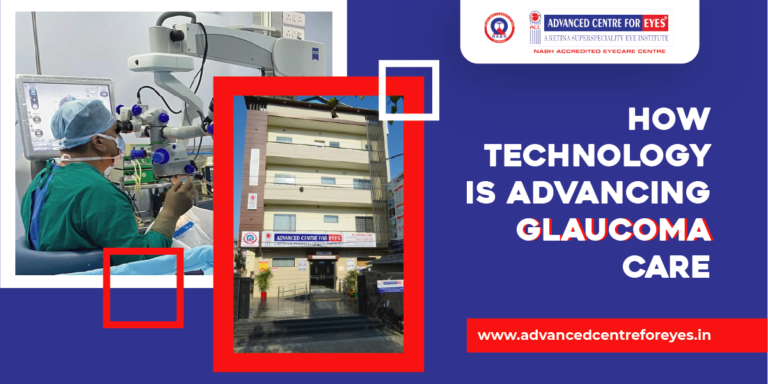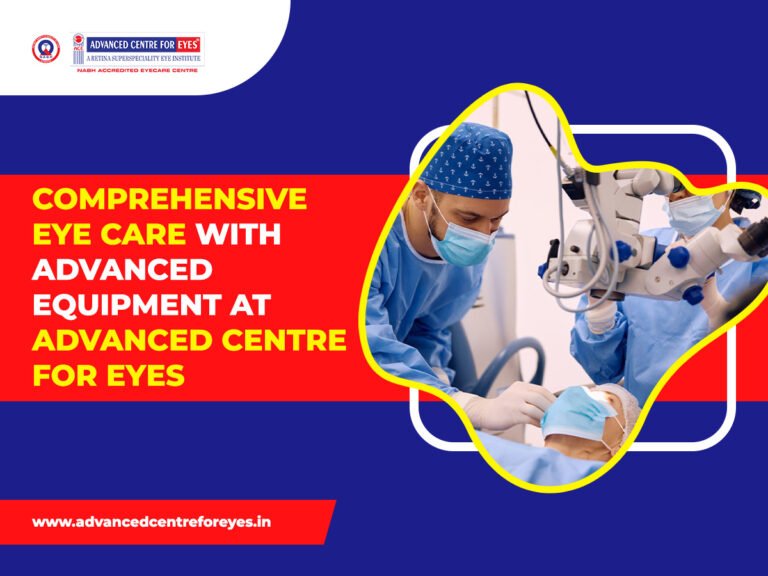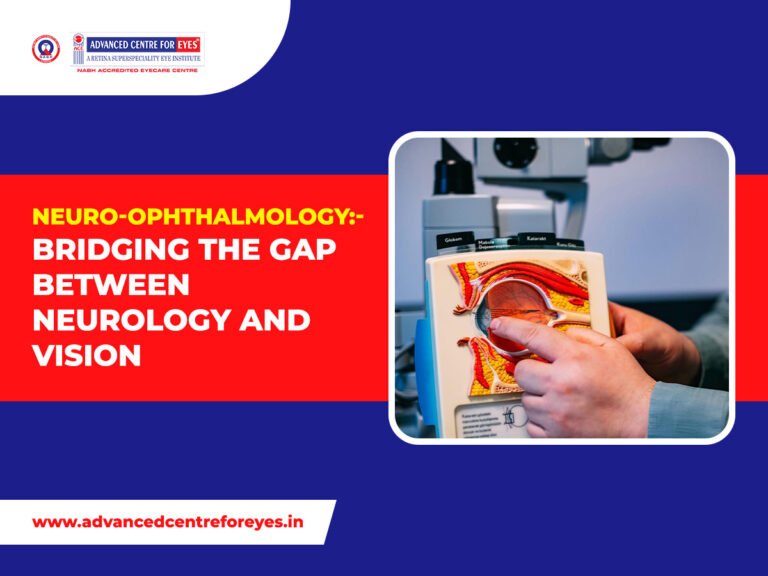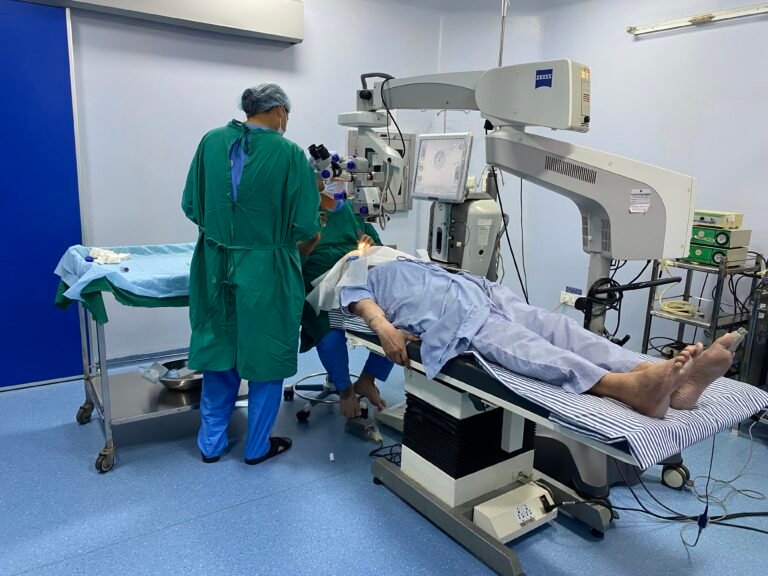The Emotional Impact of Untreated Squint in Children and Adults
Have you ever seen someone whose eyes don’t seem to look in the same direction? This condition is called squint, or strabismus. While it might seem like a small problem, untreated squint can have big effects on how a person feels emotionally, whether they are a child or an adult. This blog will help you understand what squint is, how it can affect people’s emotions, and why it’s important to visit an eye specialist in Ludhiana for proper treatment.
What is Squint?
Squint happens when one or both eyes are not aligned properly. Instead of both eyes looking straight ahead, one might turn inward, outward, upward, or downward. This can make it hard for the eyes to focus together on an object. Squint can occur in children and adults for different reasons, such as weak eye muscles, an injury, or even from birth.
The Importance of Treating Squint
Sometimes, people think squint is only a cosmetic problem, but it can cause many other issues if left untreated. For one, squint affects how well the eyes work together. This might lead to problems with seeing clearly, and the brain may even ignore the image from the squinting eye, which can result in vision loss. An eye specialist in Ludhiana can help diagnose and treat squint to prevent these problems from getting worse.
How Squint Affects Children Emotionally
Squint doesn’t just affect how children see the world—it also affects how they feel. Children with untreated squint may experience many emotional challenges that can impact their daily life.
- Feeling Different from Others: Children often want to fit in with their friends. If they have a visible squint, they might feel different from their peers. This can make them feel self-conscious or embarrassed about their appearance.
- Bullying and Teasing: Sadly, children with squint may sometimes get teased or bullied by others. Being called names or feeling like they are being made fun of can hurt their feelings and lower their confidence. This can make them avoid social situations, like playing with friends or participating in school activities.
- Struggling in School: Untreated squint can make it difficult for children to see clearly. This may lead to problems in the classroom, such as not being able to read the board or focus on their books. When children struggle with schoolwork, they may feel frustrated, anxious, and upset.
- Feeling Left Out: Because of the difficulties they face with their vision and the emotional challenges of feeling different, children with untreated squint might isolate themselves from others. They may feel like they don’t belong, which can make them sad or lonely.
The Emotional Impact on Adults
Just like children, adults with untreated squint can experience emotional challenges too. Even though adults may handle things differently than kids, untreated squint can still affect their feelings in important ways.
- Self-Confidence Issues: Adults may feel insecure about their appearance if they have a squint. They might avoid looking people in the eyes or feel uncomfortable in social situations because they are worried others are staring at them.
- Workplace Challenges: Adults with squint may have difficulties at work, especially in jobs that require good vision or face-to-face interactions. This can lead to stress or anxiety, as they might worry about how their squint is affecting their job performance or how others view them.
- Social Isolation: Feeling different or self-conscious about having a squint can make adults avoid social gatherings or events. Over time, this can lead to isolation, where they pull away from friends and family, leading to feelings of loneliness and sadness.
- Anxiety and Depression: The emotional effects of untreated squint can be serious. Some adults may experience anxiety or depression because of how their condition affects their daily lives. It’s important to recognize that untreated squint is not just a physical issue but one that can affect mental health too.
The Importance of Early Treatment
The good news is that squint can be treated! An eye specialist in Ludhiana can help determine the best course of action, whether it’s through glasses, exercises, or even surgery. Treating squint early can make a huge difference in a person’s life—both physically and emotionally.
For children, early treatment can help them avoid the emotional struggles that come with squint. They will likely feel more confident, do better in school, and be more willing to participate in social activities. For adults, treating squint can help restore their confidence and improve their quality of life, both at work and in social situations.
How to Help Someone with Squint
If you know someone who has a squint, whether they are a child or an adult, there are many ways you can support them emotionally. Here are some simple ways to help:
- Be Kind: Words can hurt, so always be kind and supportive. If you notice someone feeling self-conscious about their squint, offer words of encouragement instead of pointing out their difference.
- Encourage Them to See a Doctor: If someone hasn’t received treatment for their squint, encourage them to visit an eye specialist in Ludhiana. A doctor can help them understand the treatment options available and offer solutions that can improve their vision and emotional well-being.
- Be Patient: It’s important to be patient with someone who has a squint. Whether they are feeling anxious about their appearance or frustrated with vision problems, showing understanding can go a long way in supporting their emotional health.
- Help Them Build Confidence: Compliment them on their strengths and achievements, not just their appearance. This helps them feel valued and confident beyond their physical features.
Treatment Options for Squint
When you visit an eye specialist in Ludhiana, they will discuss different treatment options depending on the age and condition of the person with squint. Here are some common treatments:
- Glasses: Sometimes, squint can be corrected by simply wearing glasses. These glasses help align the eyes so that they work together.
- Eye Exercises: Special exercises may be recommended by the doctor to strengthen the eye muscles. These exercises can help improve the alignment of the eyes over time.
- Surgery: In some cases, surgery might be needed to correct the squint. This is usually done by adjusting the muscles around the eyes to help them focus properly.
- Patching: For children, patching one eye may be a way to help the brain learn to use the squinting eye more. This helps in improving vision in the weaker eye and reducing the squint.
Why You Should Visit an Eye Specialist in Ludhiana
It’s important to see an eye specialist in Ludhiana if you or someone you know has a squint. Early diagnosis and treatment can prevent vision problems and help reduce the emotional challenges that come with squint. Specialists in Ludhiana can offer expert advice and the latest treatments to ensure the best care possible.
Conclusion
Squint may seem like a small issue at first, but untreated squint can have a big emotional impact on both children and adults. It can affect how people feel about themselves, how they interact with others, and even how they perform at school or work. The emotional effects of untreated squint, such as feelings of insecurity, social isolation, and anxiety, can be challenging to manage.
However, with proper treatment from an eye specialist in Ludhiana, many of these challenges can be overcome. Whether it’s through glasses, exercises, or surgery, getting treatment early can improve not just vision but emotional well-being too.
Read More – Understanding Astigmatism and How to Deal With It
